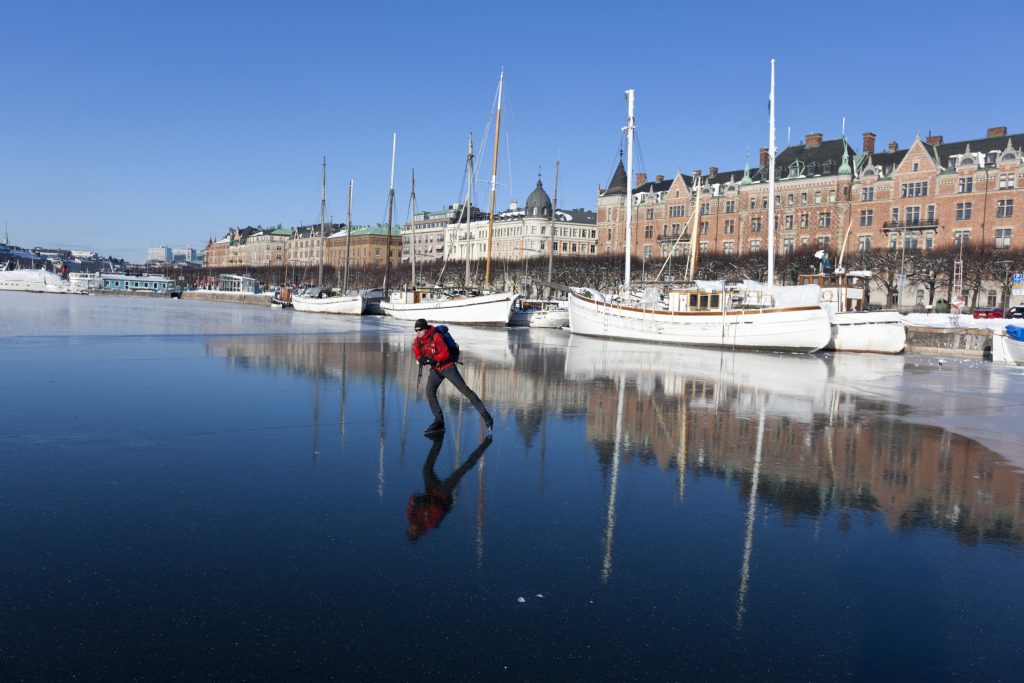
How to find a thesis project for Global Health
Whilst writing the thesis takes up most of the second semester of the Global Health master’s programme, finding a project and working on your project proposal is a theme that runs throughout most of the degree. After you get introduced to the thesis early on in the academic year (which for us was early September), you are tasked with finding a thesis project before the first deadline in December. In this blog, I’ll take you through the process of finding a project, and some of my top tips from finding my own thesis topic. Let’s get started!
Choosing a type of project
There are a few basic types of project you’ll be able to complete: a qualitative project, a quantitative project, or a literature-based project. Whilst the project style will have a lot to do with the topic you choose, it can be good to think about the type of data you’d like to work with beforehand. If you’re more comfortable with statistics and numbers, for example, you may want to choose a quantitative project – although you may want to expand your research portfolio, and so choose a qualitative project instead. Don’t worry if these terms seem unfamiliar – the ‘Research Methodology’ module happens early on in the course, and gives you a comprehensive introduction to qualitative and quantitative research. You can find my blog on the first few modules of the Global Health course here.

Choosing a topic for the thesis
You may arrive at the KI with certain research interests, or you may be open to all the new topics that you’ll study during the course. Either way, choosing a topic for the thesis is an important decision, because you’ll be working on this project from December to the following May. It can be tricky to figure out your interests amongst the many subjects you’ll be introduced to – and because a few modules come after the thesis project is decided, if you’re interested in maternal and child health, or non-communicable diseases, you’ll have to do a little extra digging. Nevertheless, there are plenty of resources out there to help you find a topic, which I’ll list here:
- Use your class schedules and the lecturers who come in to teach. Don’t be afraid to approach a lecturer during/after class and ask them whether they offer Master’s thesis supervision!
- Email course leaders for upcoming courses and ask for an example class schedule (or last year’s schedule). This can help you to find people who work in the field you’re interested in, and who work on topics you’d like to study.
- Use the department webpages. The Global and Public Health (GPH) Department lists all of the current research groups they have online, and this can be another good place to find an interesting topic (linked here).
- The GPH department will provide a list of projects with availability for a master’s student. This is an excellent resource, especially for literature-based projects such as systematic and scoping reviews, and these researchers will be expecting students to email so it can be an easier way to find a project.
A note on supervisors
Your supervisor can be key to the success of your project! We got very good advice during the introduction seminar relating to this – find someone who is dedicated and organised, who will respond to your emails and meet with you, and whom you work well with. Don’t be afraid to get in contact with the course leaders if you’re having difficulty working with your supervisor. Nevertheless, there are a lot of great researchers at the KI – who are also very busy, so follow up emails aren’t uncommon! Having a co-supervisor can be a useful way to ensure there is always someone you can ask questions to, and who has time to meet with you regularly.
When to start looking
It can be easy to panic in September, and feel like you need to secure a project immediately after the thesis introduction seminar, especially as the second year students from the Public Health masters will be looking for a thesis at the same time. However, if you’re diligent in looking for topics, and keep the thesis in mind during your classes, you’ll have plenty of time to find a project. Furthermore, in our experience we found that researchers weren’t really expecting, or ready for, student emails until around October. Of course, if you find something you’re really interested in, go ahead and email as early as you want! But, if you’re finding a project in October or November, you’re on schedule and completely fine.
That being said, don’t leave it too late! I’d say ideally by late November you want to have a project secured, as you’ll have to submit a thesis outline and project proposal in December. These do require some discussion with your supervisor(s) and dedicated work time, so I would recommend leaving enough time to complete these.

My top tips!
Here are my three top tips for finding a thesis project:
1. Email widely. The email culture in Sweden is very informal, where it is perfectly acceptable to email someone you don’t know using their first name, and where it is also acceptable to reply slowly or not at all to emails from those you don’t know. Therefore, it’s fine to send emails to lots of different researchers, as well as to send gentle reminder emails to those you might particularly want to hear back from, as these researchers are busy people and may not have had the chance to think about Master’s supervision yet!
2. Look for projects where data has already been collected. The time frame for the Global Health master’s is shorter than a PhD, for example, and so there may not be enough time to collect and analyse data. Whilst this may be possible for some projects, choose wisely, as using secondary data or data that has already been collected will make your life much easier.
3. Don’t panic! It may feel like everyone else has a project and you’re still looking, but don’t settle for something you wouldn’t want to spend the next 6 or 7 months working really hard on. Finding a topic that suits you, and that you’re truly interested in, will make the hard work you put in to the project a lot more enjoyable. Finding a supervisor you work well with, and who will consistently support you during the project is equally important, and also something to keep in mind.
Thanks for following along! Just a note – this is my experience from the 23/24 year of the Global Health programme, and I can’t promise the course structure won’t change in upcoming years. Nevertheless, some of the advice will remain true no matter what, so I hope you found this helpful, and see you next time 🙂

Emily - Global Health
Hi, I’m Emily! I’m from the UK, the USA and Malaysia, and I’m studying the Master’s in Global Health this year. I’m a medical student in the UK, and hope to work either in Emergency Medicine or Women’s Health, as well as in health policy development and implementation. In my free time, I love playing sports, thrift shopping, hiking and the outdoors, and trying out new cafés (all of which I have heard Stockholm is perfect for!). I’m excited to travel around Scandinavia this year, start some new sports, and explore the shops and cafés in Södermalm.

0 comments